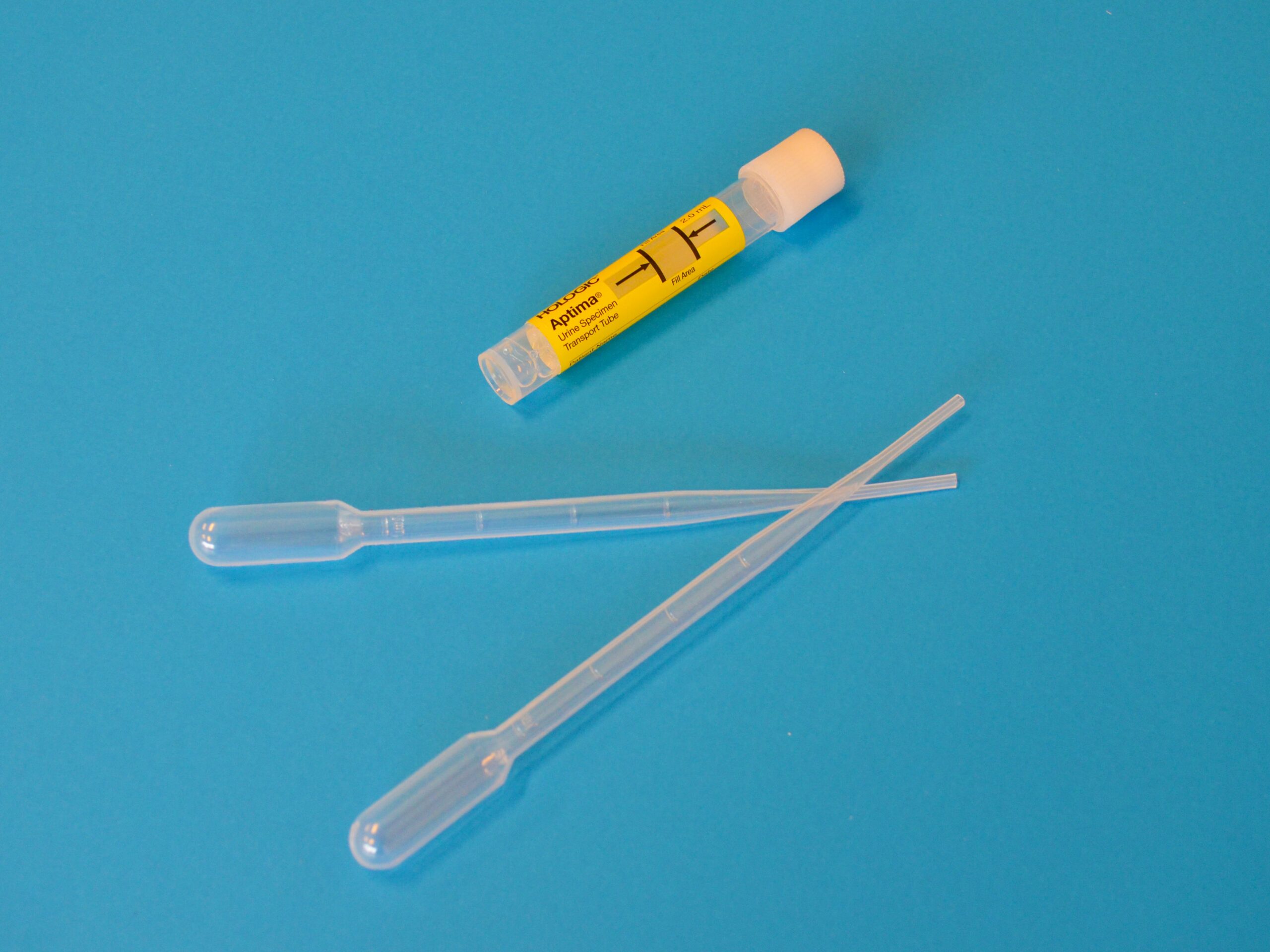Have you ever wondered why your urine has an unpleasant odor when you take certain medications? It’s a common question, and the answer lies in the way our bodies process these drugs. When certain medications are metabolized, they can produce byproducts that are excreted through our urine, giving it that distinct and less-than-appealing smell. In this article, we will explore the reasons behind this phenomenon, as well as some common medications that may cause this odor. So, if you’ve ever been curious about the connection between your urine’s scent and the medications you take, keep reading!

Understanding Normal Urine Odor
Routine Urine Smell
Have you ever wondered why urine has a distinct odor? Well, it turns out that there is a normal smell associated with urine. The smell is usually mild and not offensive. It can be described as slightly sweet or ammonia-like. This odor is primarily caused by the presence of waste products, such as urea and ammonia, which are byproducts of protein metabolism.
Influence of Diet on Urine Odor
Did you know that the food you eat can affect the smell of your urine? Certain foods, such as asparagus and garlic, contain compounds that can pass through the bloodstream and into the urine, causing it to develop a stronger and distinct smell. Additionally, consuming large amounts of coffee, alcohol, or certain spices can also contribute to changes in urine odor.
Role of Hydration in Urine Smell
Your urine odor can also be influenced by your hydration level. When you are well-hydrated, your urine is usually more diluted, leading to a milder and less concentrated odor. However, when you are dehydrated, your urine becomes more concentrated, leading to a stronger and sometimes foul smell. Staying adequately hydrated is not only important for your overall health but also plays a role in maintaining a normal urine odor.
Variation in Urine Odor
Biological Variances and Urine Smell
It’s important to note that there can be natural variations in urine odor from person to person. Biological factors such as genetics and metabolism can play a role in the natural smell of urine. These variations are typically considered normal and not indicative of any underlying health issues.
Daily Variation in Urine Smell
You may have noticed that your urine odor can vary throughout the day. This is completely normal and can be attributed to factors such as diet, hydration, and the body’s natural metabolic processes. For example, urine that is produced in the morning after a night of fasting may have a stronger odor due to the longer duration of urine storage.
Cause of Sudden Changes in Urine Odor
While some variation in urine odor is expected, sudden and significant changes in urine odor should not be ignored. These changes can be caused by various factors, including medications, medical conditions, or infections. It’s essential to pay attention to any drastic changes in urine odor and consult a healthcare professional if you have concerns.
Identifying Abnormal Urine Odor
When to Consider Urine Odor as Abnormal
So, how do you know when urine odor goes from normal to abnormal? If you notice a persistent and strong odor that is significantly different from your usual urine smell, it could be an indication of an underlying issue. Additionally, if the smell is accompanied by other symptoms like pain, burning sensation, or changes in urinary frequency, it is important to seek medical attention.
Common Characteristics of Abnormal Urine Odor
Abnormal urine odor can vary depending on the underlying cause. Some common characteristics of abnormal urine odor include a foul or putrid smell, a strong ammonia-like odor, a sweet or fruity smell, or an unusually strong and pungent odor. It’s important to note that these characteristics can differ based on the specific cause of the odor.
Role of Medications in Altering Urine Smell
General Idea about Medications and Urine Odor
Certain medications have the potential to alter the smell of urine. This is because drugs are processed by the body and can be excreted through the kidneys, resulting in changes in urine composition and odor. While these changes are generally harmless, they can sometimes be unpleasant or alarming.
How Certain Drugs Can Affect Urine Smell
There are specific drugs that are known to have an impact on urine odor. For example, some antibiotics, such as penicillin, can cause a strong and distinct smell in the urine. Certain vitamins, particularly those high in B vitamins, can also contribute to changes in urine odor. Additionally, chemotherapy drugs can often produce a unique and strong odor in the urine.
Specific Drugs that Can Change Urine Odor
Antibiotics and Urine Smell
If you’ve ever taken antibiotics before, you may have noticed a change in your urine odor. Antibiotics like penicillin, amoxicillin, and ciprofloxacin can give your urine a distinct and sometimes unpleasant smell. This is a common side effect of these medications and usually resolves once the antibiotic treatment is completed.
Vitamins and Urine Smell
Taking certain vitamins, particularly those high in B vitamins, can cause a noticeable change in urine odor. B vitamins, such as riboflavin (B2), can give urine a strong and pungent smell. This is perfectly normal and harmless. It’s important to remember that these changes in urine odor are temporary and typically reflect the body’s processing of vitamins.
Chemotherapy Drugs and Urine Smell
Chemotherapy drugs are powerful medications used to treat cancer. These drugs can have various side effects, including changes in urine odor. Some chemotherapy drugs can cause urine to have a distinct and strong smell. If you are undergoing chemotherapy and notice a change in urine odor, it’s important to discuss it with your healthcare team to ensure there are no underlying issues.
Medical Conditions That Can Alter Urine Smell
Urinary Tract Infections and Urine Smell
One of the most common causes of abnormal urine odor is a urinary tract infection (UTI). UTIs are caused by bacteria entering the urinary tract and can result in symptoms such as a strong, foul-smelling urine odor, pain or discomfort during urination, and increased urinary frequency. If you suspect you have a UTI, it is important to seek medical attention for proper diagnosis and treatment.
Metabolic Disorders and Urine Smell
Certain metabolic disorders, such as phenylketonuria (PKU) or maple syrup urine disease (MSUD), can cause changes in urine odor. These disorders interfere with the body’s ability to break down certain amino acids, leading to the buildup of specific compounds in the urine. These compounds can produce a strong, sweet, or fruity smell. Early diagnosis and management of these disorders are crucial for maintaining overall health.

Implications of Urine Odor Changes
What Do Changes in Urine Odor Indicate?
Changes in urine odor can sometimes serve as a signal that something is not right within your body. Whether it’s related to medication use, an underlying medical condition, or an infection, paying attention to these changes can help provide valuable insight into your health. It is important not to ignore persistent changes and seek medical advice to determine the cause and appropriate treatment.
Significance of Persistent Abnormal Urine Smell
Persistent abnormal urine smell that cannot be explained by medications or dietary factors should be taken seriously. It could indicate an underlying medical condition or infection that requires medical attention. Some examples include liver or kidney disease, uncontrolled diabetes, or urinary stones. Timely diagnosis and treatment are essential to prevent any potential complications.
Addressing Bad Urine Smell Due to Medication
Preventive Measures
If you are concerned about the smell of your urine due to medication use, there are a few preventive measures you can take. Drinking plenty of water and staying adequately hydrated can help dilute the urine and reduce the concentration of any odor-causing compounds. Additionally, maintaining good personal hygiene, including regular showering, can also help minimize any lingering odor.
Treatment Options for Persistent Bad Smell
If you continue to experience a persistent bad smell in your urine that cannot be resolved through preventive measures, it is important to consult with your healthcare provider. They can evaluate your specific situation, review your medication regimen, and determine if any adjustments are required. In some cases, switching to an alternative medication may help alleviate the unpleasant smell.
Tips for Maintaining Normal Urine Odor
Dietary Adjustments
Maintaining a balanced diet and avoiding certain foods known to contribute to strong urine odor can help promote a normal urine smell. Key dietary adjustments include limiting foods like asparagus, garlic, coffee, alcohol, and certain spices. Additionally, incorporating foods that can naturally improve urine odor, such as citrus fruits or parsley, may also be beneficial.
Hydration Importance
Staying adequately hydrated is crucial for maintaining a normal urine odor. Aim to drink plenty of water throughout the day to ensure your body can adequately dilute waste products in the urine. Well-hydrated urine typically has a milder smell, while concentrated urine can have a stronger and more pungent odor.
Proper Hygiene
Maintaining good personal hygiene is important for overall well-being and can help minimize any unpleasant urine smell. Ensure you practice proper hygiene by regularly showering, cleaning the genital area thoroughly, and changing into clean underwear daily. This can help prevent the accumulation of bacteria or odor-causing agents.
When to Seek Medical Help
Understanding the Red Flags
While occasional changes in urine odor are usually harmless, certain red flags should prompt you to seek medical help. These include persistent and significantly different urine odor, accompanied by symptoms such as pain, burning sensation, blood in urine, fever, or changes in urinary frequency. These symptoms could be indicative of an underlying medical condition or infection requiring prompt medical attention.
Steps to Take in Seeking Medical Help
If you experience any red flag symptoms or have concerns about your urine odor, it is important to contact a healthcare professional. They can conduct a thorough evaluation, including a medical history review and potentially order diagnostic tests, to identify the underlying cause. Based on their findings, they can recommend the appropriate treatment or further specialist consultation if necessary.
In conclusion, understanding normal urine odor and being aware of potential changes can provide valuable insight into your overall health. While some variation in urine odor is expected, sudden or persistent changes should not be ignored. By following proper hygiene practices, staying adequately hydrated, and seeking medical help when needed, you can maintain a healthy and normal urine odor. Remember, your healthcare provider is always there to guide and support you in addressing any concerns you may have.


